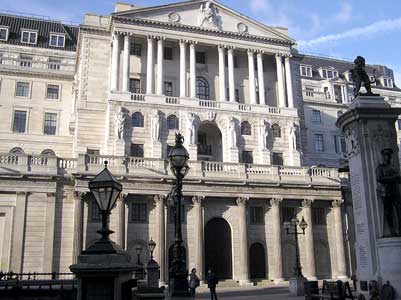
With many British expatriates choosing to keep their savings in onshore high street banks you may think that these homeward facilities offer greater rates for your savings, and also greater security.
With safety often associated with familiarity many Brits opt to keep their existing UK accounts despite the offshore options that become available upon expatriation. However, recent information has been revealed to show that British expats may actually be missing out on much better deals that lie offshore and they may in fact be losing money.
Figures have shown that zero interest combined with heightened inflation have actually served to chip away at the deposited savings leaving less money than before. The issues here are that some British banks may be operating slightly sneakily by not truly disclosing the poor rates of payment that lie within their savings accounts. Accounts that were opened more than a year ago could now be paying zero in interest due to changes in the terms which may have been hidden away under a mire of small print and finance jargon.
At the moment inflation rates are on the rise and interest rates are on the slide. If you have savings in a UK account then you could be losing money as we speak. If so then there is no reason why you can’t rectify this matter, by shopping around and investigating your offshore options you will probably find a solution that allows you just as much security and accessibility with the added benefit of higher interest rates.
A few locations that are known to offer good interest rates for international customers include Cyprus, India, Turkey and Ireland. Wherever you choose to bank though it is always in your best interests to fully research the options you have in mind, either on your own or with the aid of an IFA. By seeking out and researching a better bank account you will be able to make inflation and minimal interest a thing of your past. Of course if expats move away from UK banks in droves there is always the chance that it’s the banks who will have to change their ways instead.
For more information please see our section on Offshore Banking.

